The National Treasury is seeking parliamentary approval for a significant reduction in the fertiliser subsidy program for the upcoming financial year 2024/25.
The new budget estimates allocate Sh10 billion to the fertiliser subsidy program, representing a 38.2 per cent decrease from the Sh16.2 billion requested for the current financial year through a supplementary budget.
This itself is a marked increase from the Sh12.2 billion originally budgeted for the program in June 2023.
This proposed cut comes amid a scandal involving the sale of substandard subsidised fertiliser to farmers, raising concerns about the program's effectiveness and efficiency.
The fertiliser subsidy program plays a critical role in Kenyan agriculture by making this essential input significantly cheaper for registered farmers.
Read More
Currently, farmers pay Sh2,500 for a 50-kilogram bag of subsidised fertiliser, compared to market prices that can reach as high as Sh6,500.
This subsidy aims to boost local food production by ensuring farmers have access to fertilisers at affordable rates.
According to the Treasury's projections, the reduced budget for 2024/25 is intended to support the distribution of 70,138 tonnes of fertiliser, benefitting an estimated 152,265 farmers.
However, the proposed cut raises questions about whether this is sufficient to meet demand, especially considering the recent scandal involving substandard fertiliser.
The revelation of substandard fertiliser being distributed under the subsidy program has sparked public outrage and concerns about the potential misuse of taxpayer funds.
This controversy adds another layer of complexity to the decision regarding the fertiliser subsidy's future.
The coming weeks will be crucial as Parliament weighs the Treasury's proposal.
Striking a balance between fiscal responsibility, supporting food security, and ensuring the program's effectiveness will be a key challenge for policymakers.

-1679766659.jpg)
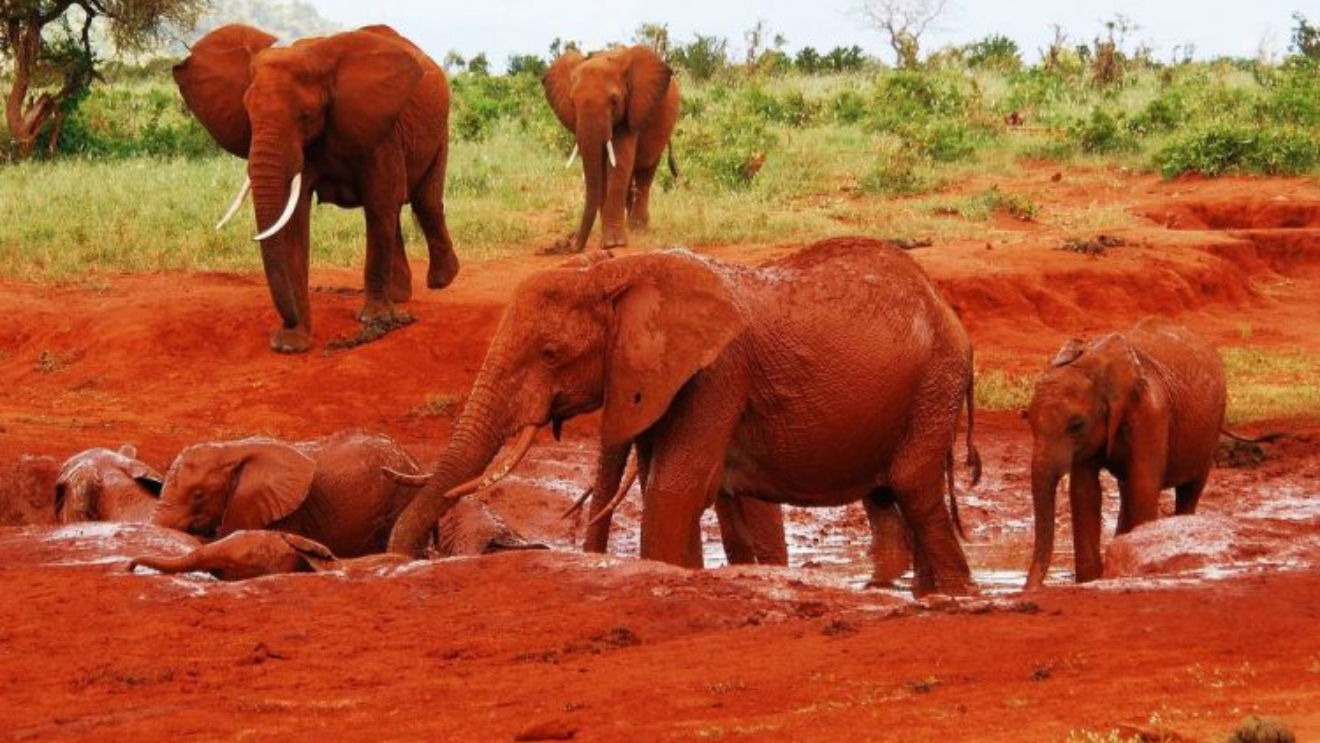
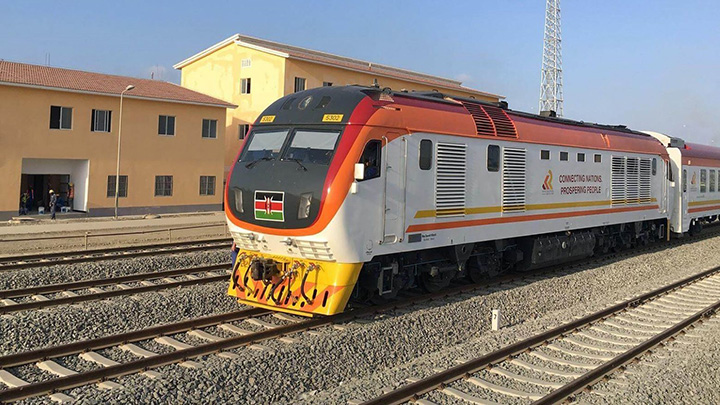

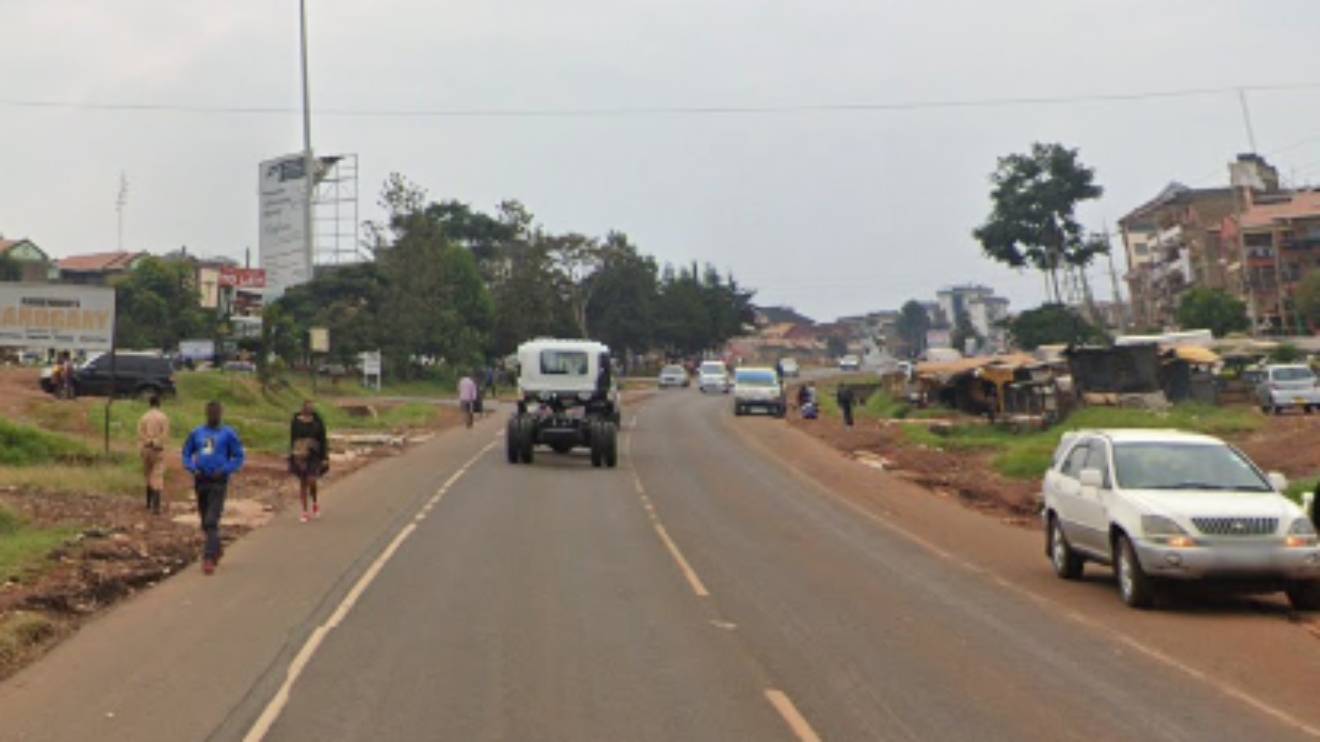
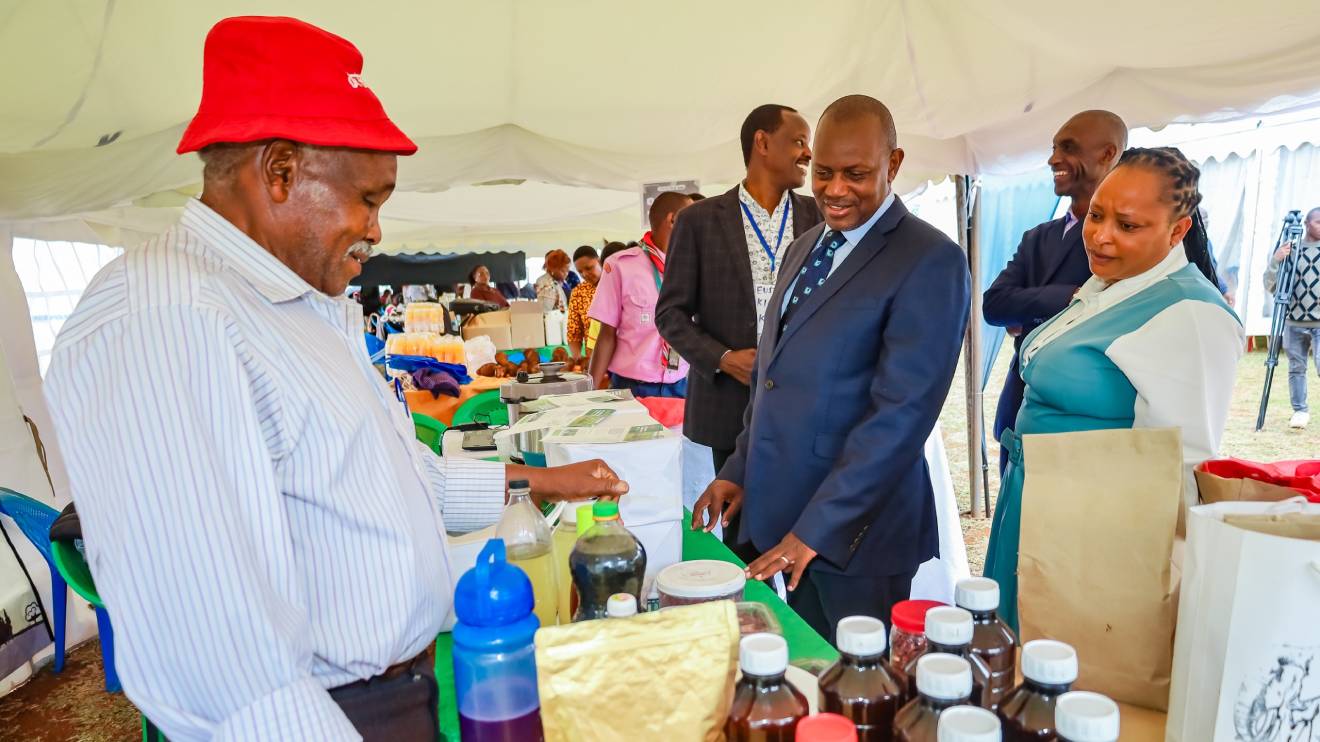

-1752586683.jpg)
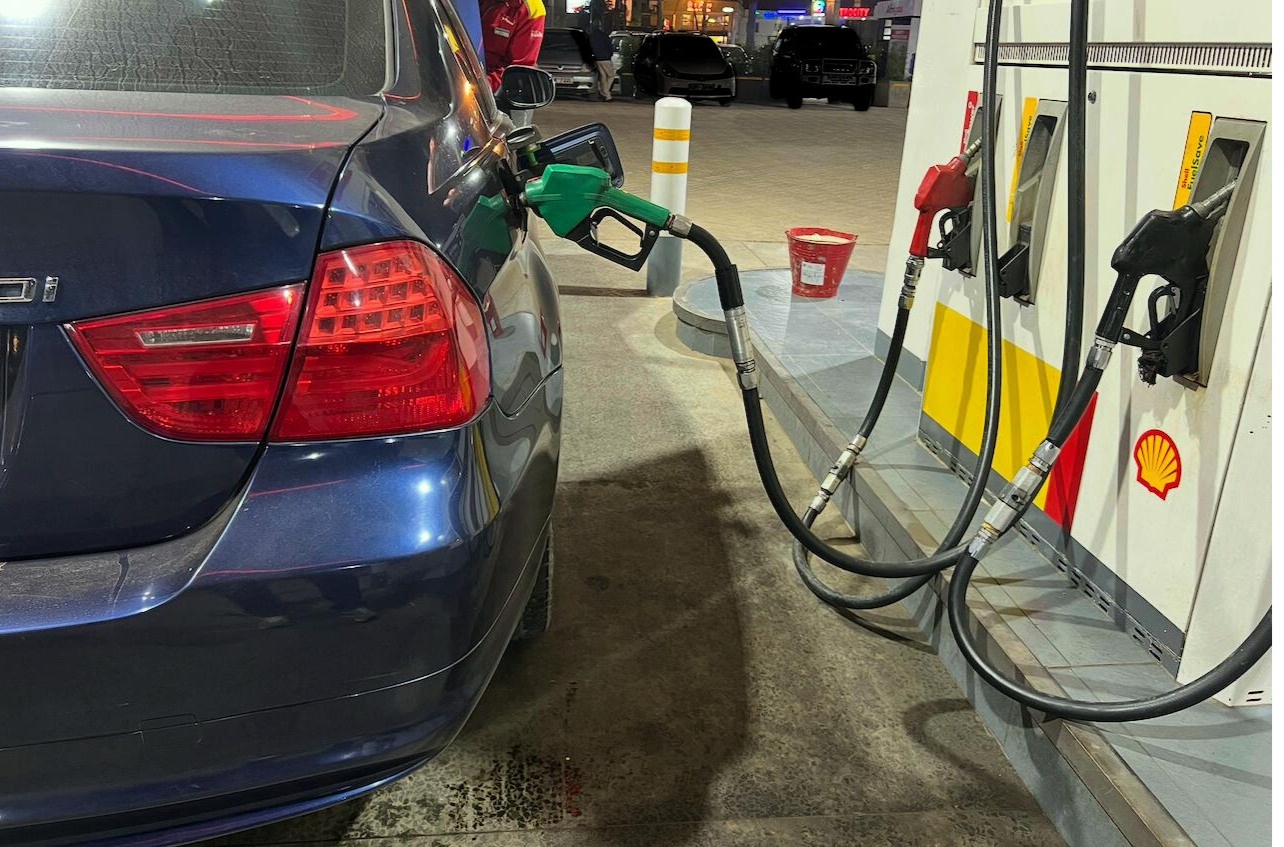
 (1)-1752516757.jpg)
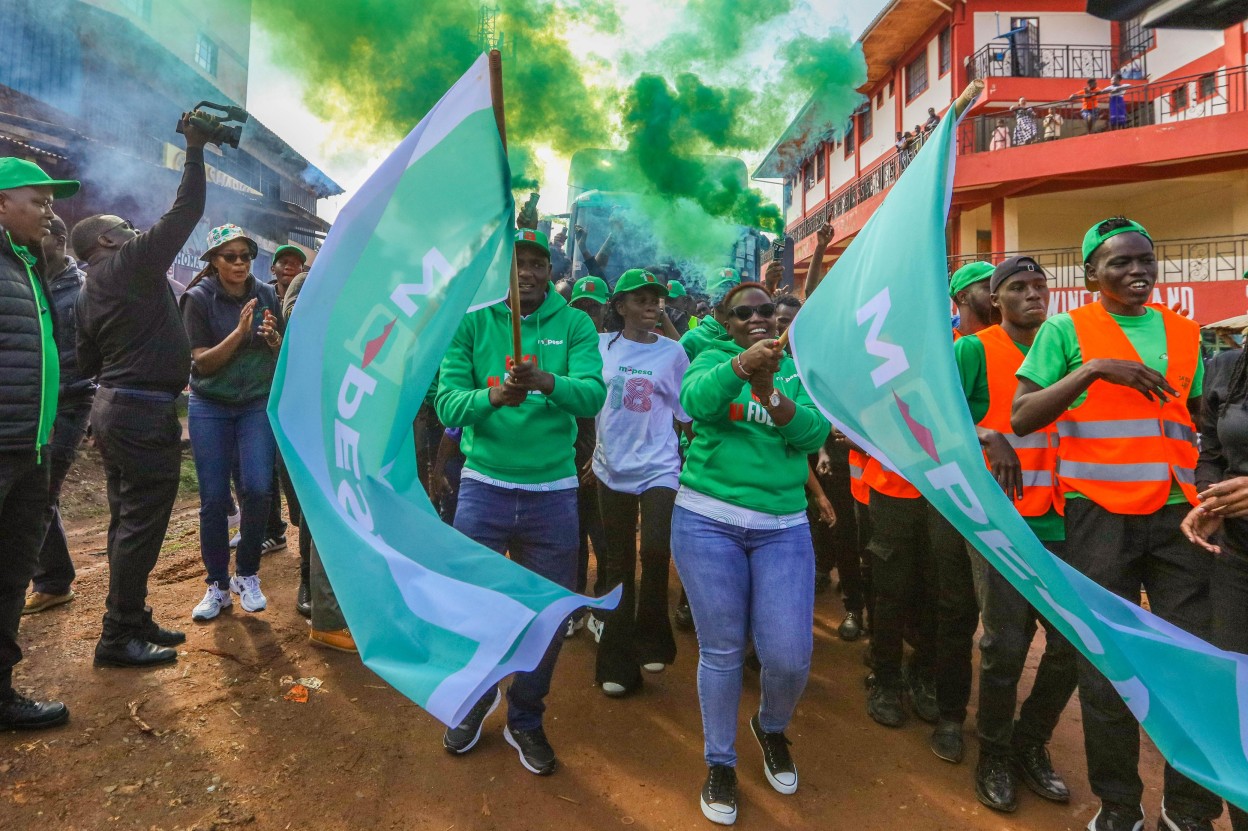
 (1)-1746786193.jpg)